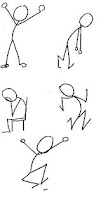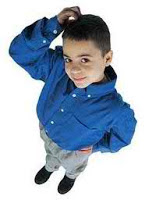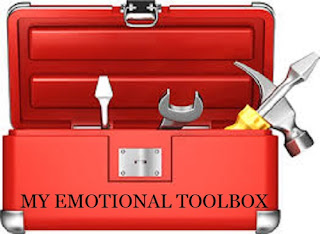Helping Kids on the Autism Spectrum to Develop Nonverbal Communication Skills

Question My son doesn’t seem to understand others’ nonverbal messages, and he isn’t very good at sending clear nonverbal messages either. Are there ways to teach nonverbal communication? Answer Children with High-Functioning Autism (HFA) and Asperger's appear to experience a lack of reciprocity in social interactions. This means the child does not fully understand nonverbal communication (e.g., gestures, facial expressions, etc.) and may continue a conversation even though the person he is talking to is confused about - or disinterested in - the subject matter. In addition, the child may not use nonverbal communication himself, and as a result, may appear expressionless in most conversations or interactions with others. There are lots of ways you can help your son improve his nonverbal communication skills by playing simple games. Here are some ideas to help him improve his understanding of nonverbal messages: 1. Find some old magazines and ask your son to




